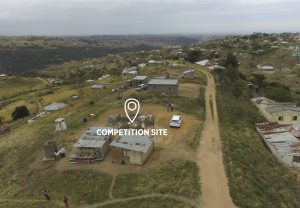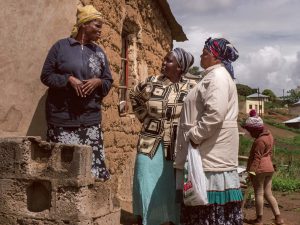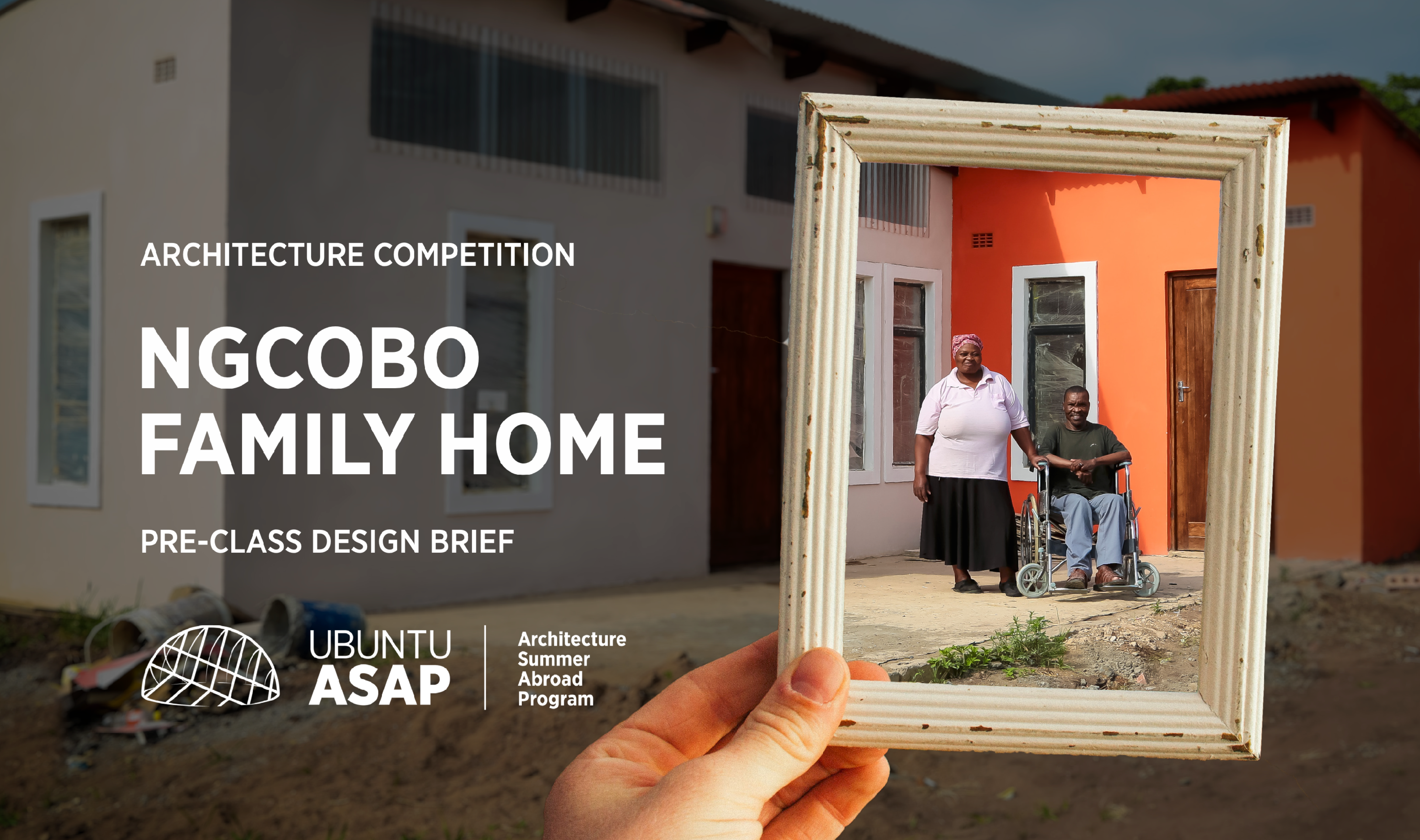 The Ngcobo Family Home is the first Ubuntu ASAP architecture competition and class which tasks participants with designing a socially and environmentally sustainable home for a family in South Africa.
The Ngcobo Family Home is the first Ubuntu ASAP architecture competition and class which tasks participants with designing a socially and environmentally sustainable home for a family in South Africa.
What does Ubuntu mean and its ties to South Africa?
Ubuntu ngumuntu ngabantu, which means that a person is a person through other people — I am, because you are.
Ubuntu’s roots are tied to the Zulu language and humanist African philosophy, with the idea that community is one of society’s building blocks. It is the nebulous concept of common humanity, of oneness.
Although the official end to apartheid ended in the early 90s with Nelson Mandela, a new constitution, and a new nonwhite majority government, its impact is still creating inequities today.
If urban design can serve to oppress, can it also serve to enable?

Our team visited the Ngcobo’s a few times to better understand how they live and to determine what they need in a process we call listening to build. In this process, we learned that the family seeks a somewhat self-sufficient home (rainwater collection), has a defined perimeter (fence) to protect the family members and crops, and provides a nurturing environment for the children to thrive.
Accessing the Ngcobo property requires visitors to travel north of Folweni through a series of hills north of the township. Many of the area’s residents were forced to migrate to Folweni and the surrounding areas when the apartheid government implemented the Group Areas Act in 1950.
Selected winning designs will be featured on our website, home publication and may receive international design media coverage. From the students’ proposals in the class portion of the competition, one design will be selected by the family to be built in May of 2022. Be a part of this humbling and groundbreaking program in South Africa today!










